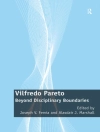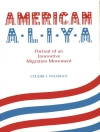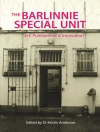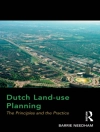In the early twentieth century, laborers from the British West Indies immigrated to Cuba, attracted by employment opportunities. The Anglo-Caribbean diaspora flourished, but the years after the 1959 revolution saw the dismantling of many of their cultural institutions: the revolution dictated that in the name of unity there would be no hyphenated Cubans. This book turns an ethnographic lens on their descendants who-during the Special Period in the 1990s-moved to "rescue their roots" by revitalizing their ethnic associations and reestablishing transnational ties.Based on Andrea Queeley’s fieldwork in Santiago and Guantanamo, Rescuing Our Roots looks at local and regional identity formations as well as racial politics in revolutionary Cuba. Queeley argues that, as the island experienced a resurgence in racism due in part to the economy’s reliance on tourism, Anglo-Caribbean Cubans sought transnational connections not just in the hope of material support but also to challenge the association between blackness, inferiority, and immorality. Their desire for social mobility, political engagement, and a better economic situation operated alongside the fight for black respectability.Unlike most studies of black Cubans, which focus on Afro-Cuban religion or popular culture, Queeley’s penetrating investigation offers a view of strategies and modes of black belonging that shift across ideological, temporal, and spatial boundaries.
Andrea Queeley
Rescuing Our Roots [PDF ebook]
The African Anglo-Caribbean Diaspora in Contemporary Cuba
Rescuing Our Roots [PDF ebook]
The African Anglo-Caribbean Diaspora in Contemporary Cuba
Buy this ebook and get 1 more FREE!
Language English ● Format PDF ● Pages 256 ● ISBN 9780813055510 ● Publisher University Press of Florida ● Published 2015 ● Downloadable 3 times ● Currency EUR ● ID 5208949 ● Copy protection Adobe DRM
Requires a DRM capable ebook reader












